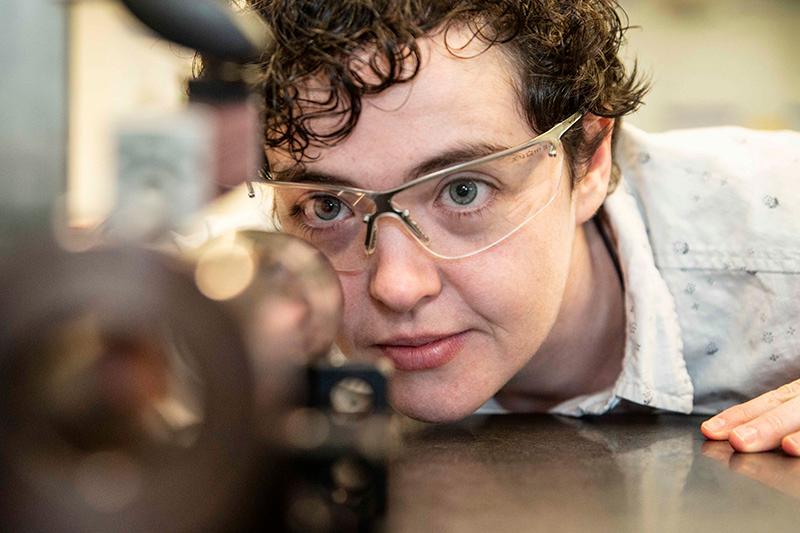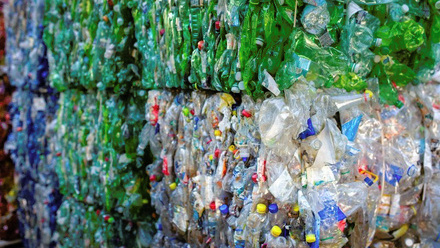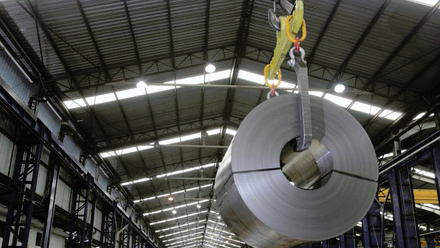Circular economy project to ensure clean energy solutions don’t increase landfill waste
A sustainability project is looking at circular solutions to ensure that the drive for electric machines doesn’t result in an increase in parts ending up in landfill.

The research, led by the University of Strathclyde’s Advanced Forming Research Centre (AFRC), is looking into developing a more sustainable life cycle for electrical machines, with an aim to adopt a circular economy approach that loops the materials back into manufacture at the end of life.
Currently, electric machines, such as those used within electric cars, are manufactured using mostly metals and their alloys, some of which are complex in their composition or manufacturing routes, and most of which are manufactured from virgin, finite materials. Due to the current design, manufacture and maintenance of these machines, and end of life processing methods are not fully considered, and most will end up in landfill.
As the production of electrical machines increases over the coming decades, particularly within industries such as automotive, aerospace and renewable energy, the finite materials currently being mined for these machines will become harder to find and extract and subsequently will run out. To ensure the continuation of electrification, and to secure a more sustainable and environmentally friendly solution, a route to recover end-of-life products and their materials is needed.
Recovering the finite material, which is currently mined in Asia, will also bring cost savings to European manufacturers, removing the cost of new material and bringing remanufacturing processes into UK supply chains.
An initial assessment of the current supply chain will be carried out by the AFRC to identify more sustainable manufacturing methods than those currently used, in addition to the reuse and recycling capabilities within the UK.
The team will also work to develop a UK supply chain for the end-of-life processing of current and future machines and will develop a data driven model which selects the most appropriate intervention strategy – be that standard maintenance, remanufacture, or recycling of materials – at the optimal time for a particular component or machine. This targeted approach will ensure that life cycles are optimised, and real time data is involved in the decision-making process.
Dr. Jill Miscandlon, Senior Manufacturing Engineer at the University of Strathclyde’s Advanced Forming Research Centre, says, ‘It’s important that efforts towards electrification do not create issues further down the line that have negative impacts of their own. We don’t want to be in a position where we transition to electric vehicles, aeroplanes and wind turbines that end up in landfill at the end of their life.
‘We need to strike a balance between designing electric machines with exceptional performance while ensuring that the materials can also be recovered for further use. We must absolutely move towards clean energy solutions and electrification, but it is essential that we are thinking about the long-term impact of these decisions from the earliest stage possible.’







